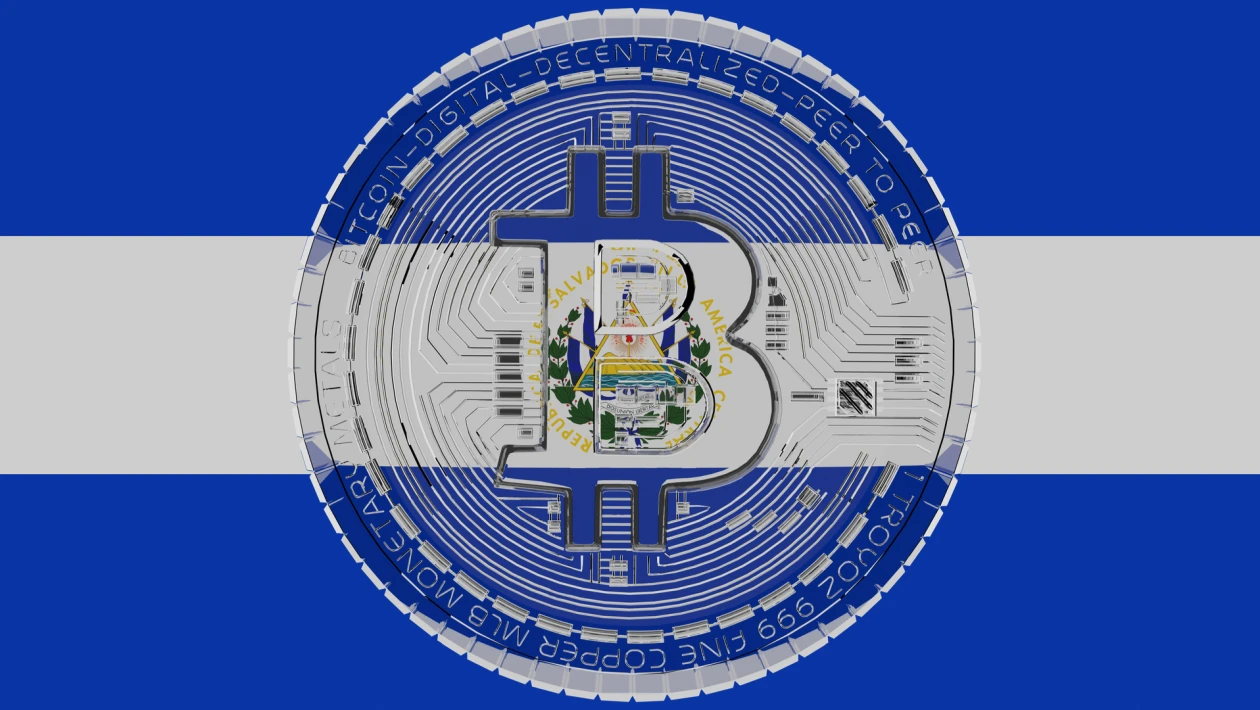In a new round of sanctions, the EU prohibits Russia from using high-value crypto services.
With the EU's newest set of sanctions issued in response to Moscow's aggression against Ukraine, European institutions are shutting crypto loopholes for Russia. The new sanctions prevent Russian organisations and residents from receiving "high-value" crypto-asset services.
The EU has set a limit of €10,000 for Russian cryptocurrency wallet deposits.
The European Union has targeted cryptocurrencies once again as part of its sanctions reaction to Russia's military invasion on Ukraine. The European Commission, the EU's executive body in Brussels, welcomed the EU Council's fifth round of restrictions on Friday. They've been designed to "additionally contribute to increasing economic pressure on the Kremlin and crippling its capacity to fund its invasion of Ukraine."
The offering of "high-value" crypto-asset services to the Russian Federation is prohibited under a new Council regulation published in the Official Journal of the European Union. If the entire value of the digital cash surpasses €10,000 (about $11,000), it applies to crypto wallet, account, or custody services for Russian citizens, other residents, and legal companies registered in the country. The EU emphasised:
"It is appropriate to impose more restrictive restrictions in light of the gravity of the situation and in response to Russia's military aggression against Ukraine. It is especially reasonable to extend the deposit prohibition to crypto wallets."
Similarly, the EU prohibits Russian people and organisations from making fiat deposits, but the ceiling is significantly higher, at €100,000. The rules also prohibit the selling of banknotes and transferable assets denominated in the euro or other official currencies of EU member states to Russia and Belarus, Moscow's closest allies, or to any person or business registered in those countries.
The financial limitations include asset freeze and a complete prohibition on transactions by four Russian banks, which account for a fifth of the country's banking sector. Western allies, notably EU members and institutions, removed "selected Russian banks" from the SWIFT messaging network for interbank payments in late February. Russian financial institutions are now "totally blocked off from EU markets," according to the European Commission and Council.
















